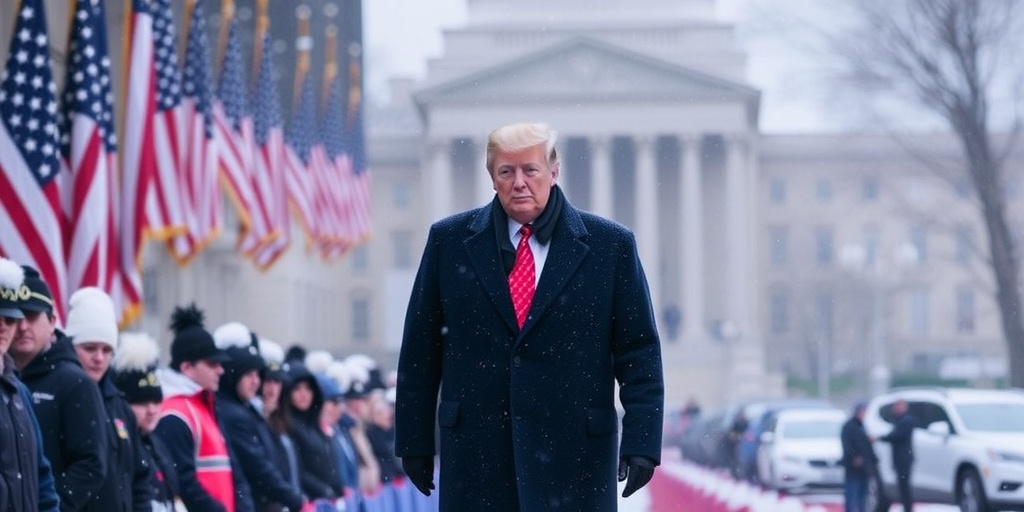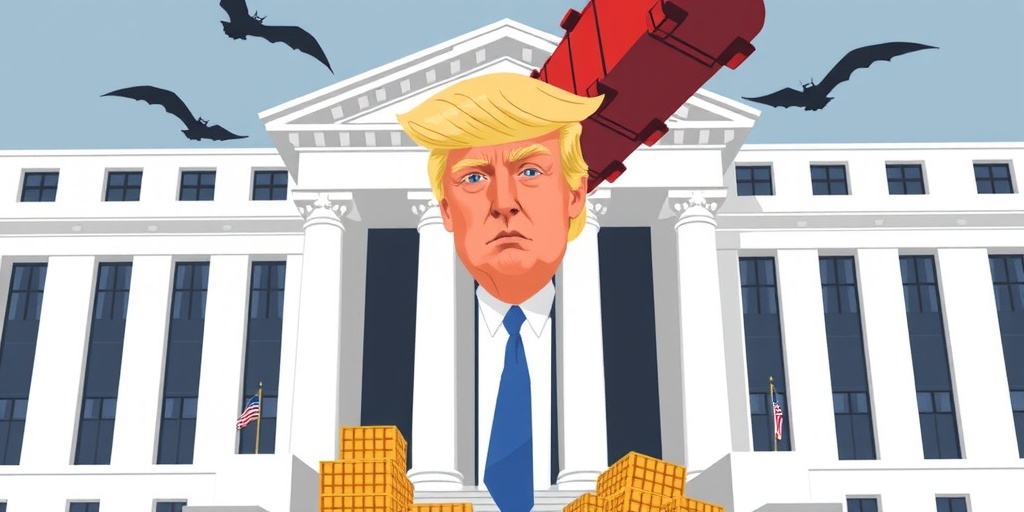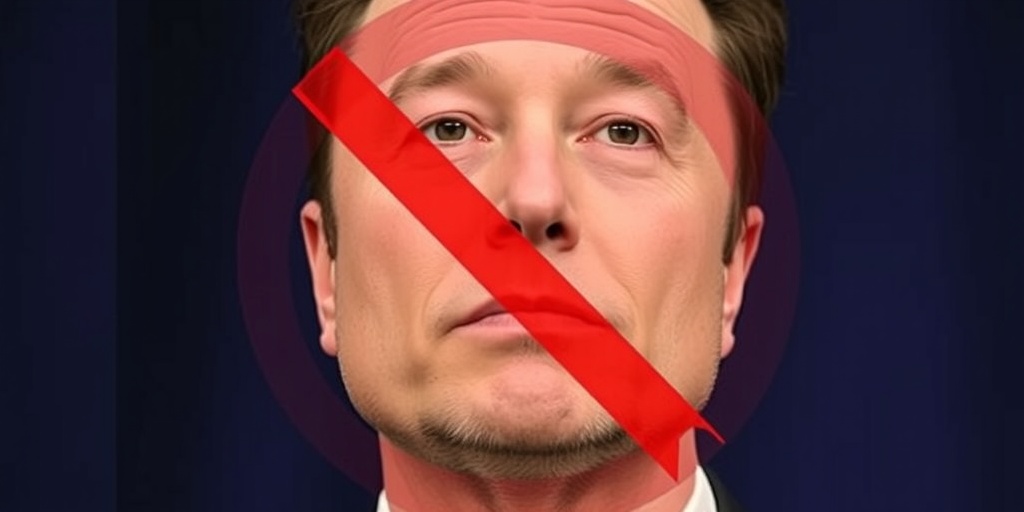Now Reading: U.S. Exits Group Investigating Ukraine Invasion Accountability
-
01
U.S. Exits Group Investigating Ukraine Invasion Accountability
U.S. Exits Group Investigating Ukraine Invasion Accountability
U.S. Withdrawal from Multinational Group Investigating Ukrainian Invasion Leaders Signals Shift in Accountability Efforts
In a surprising turn of events, the United States has decided to withdraw from a multinational coalition established to investigate and hold accountable leaders for the invasion of Ukraine, including Russian President Vladimir V. Putin. This decision, communicated quietly to European officials, signals a significant departure from the Biden administration’s previous commitment to ensuring accountability for war crimes and aggression against Ukraine.
The coalition, known as the International Center for the Prosecution of the Crime of Aggression against Ukraine, was formed to address serious violations of international law, specifically targeting acts of aggression that threaten another nation’s sovereignty and are unprovoked by self-defense. Created with a strong emphasis on international collaboration, the center involved cooperation between multiple nations. The U.S. had joined the group in 2023, showcasing a unified front with European allies against Russian aggression. However, sources familiar with the situation indicate that the U.S. decision to step back reflects a significant policy shift reminiscent of the strategies of the Trump administration.
The announcement regarding the U.S. withdrawal is expected to be officially communicated to staff and members of the investigating group via an email from the European Union Agency for Criminal Justice Cooperation, known as Eurojust. The U.S. was notably the only non-European country taking part in this initiative, which included the deployment of a senior Justice Department prosecutor to The Hague to collaborate with investigators from Ukraine, the Baltic States, and Romania. This involvement underscored a robust initiative to pursue justice and accountability for the actions associated with the ongoing conflict.
The U.S. Justice Department’s Office declined to provide immediate comments in response to requests about the withdrawal. The ramifications of this decision remain to be fully understood, but experts are concerned that it undermines efforts to hold Russia and its allies accountable for their actions in Ukraine, which have led to widespread atrocities and humanitarian crises.
Additionally, further reductions in the Justice Department’s activities related to war crimes accountability are also being observed. The Trump administration appears to be revisiting actions taken by the previous Democratic administration, scaling back initiatives such as the War Crimes Accountability Team (WarCAT) that had been established in 2022 by then-Attorney General Merrick B. Garland. WarCAT was aimed at coordinating efforts to prosecute those responsible for war crimes in Ukraine, reflecting a commitment to addressing injustices faced by the Ukrainian people.
Mr. Garland had previously stated unequivocally, “There is no hiding place for war criminals,” while emphasizing the commitment of the Justice Department to pursue all avenues of accountability for atrocities committed in Ukraine. Under the Biden administration, WarCAT had pivoted to perform supportive roles, providing aid to Ukrainian prosecutors with training, logistics, and assistance in charging war criminals.
One notable success attributed to the War Crimes Accountability Team occurred in December 2023, when U.S. prosecutors charged four Russian soldiers in absentia under a war crimes statute, marking the first use of such legal provisions since they were enacted nearly three decades ago. This case involved allegations of torture against an American citizen living in Ukraine’s Kherson region and underscored the ongoing commitment to pursuing justice for victims of war crimes.
As the Trump administration reshapes U.S. foreign policy toward Ukraine, there’s a noticeable shift in rhetoric as well. Recent statements from former President Trump indicate a warming relationship with President Putin, while simultaneously criticizing Ukraine’s President Volodymyr Zelensky. In statements, Trump has controversially suggested that Ukraine had a role in provoking the Russian invasion and criticized Zelensky’s leadership. He expressed, “You should have never started it,” implying that Ukrainian leaders could have negotiated a resolution to the conflict.
The rationale behind the U.S. withdrawal has not been clearly articulated beyond a vague need to "redeploy resources," echoing messages surrounding other personnel and policy changes. This ambiguity has raised concerns among advocates for accountability and transparency who argue that such shifts could undermine the pursuit of justice for victims of aggression and war crimes.
In conclusion, the U.S.’s decision to withdraw from the International Center for the Prosecution of the Crime of Aggression against Ukraine appears to weaken international efforts to hold war criminals accountable. This shift indicates a reorientation in U.S. foreign policy and raises concerns about the implications for Ukraine as it continues to face significant challenges, fighting for its sovereignty against Russian aggression. The fallout from this decision will likely reverberate through diplomatic channels and further complicate the already strained relationship between Ukraine and its allies.
Stay Informed With the Latest & Most Important News
Previous Post
Next Post
-
 01New technology breakthrough has everyone talking right now
01New technology breakthrough has everyone talking right now -
 02Unbelievable life hack everyone needs to try today
02Unbelievable life hack everyone needs to try today -
 03Fascinating discovery found buried deep beneath the ocean
03Fascinating discovery found buried deep beneath the ocean -
 04Man invents genius device that solves everyday problems
04Man invents genius device that solves everyday problems -
 05Shocking discovery that changes what we know forever
05Shocking discovery that changes what we know forever -
 06Internet goes wild over celebrity’s unexpected fashion choice
06Internet goes wild over celebrity’s unexpected fashion choice -
 07Rare animal sighting stuns scientists and wildlife lovers
07Rare animal sighting stuns scientists and wildlife lovers



















